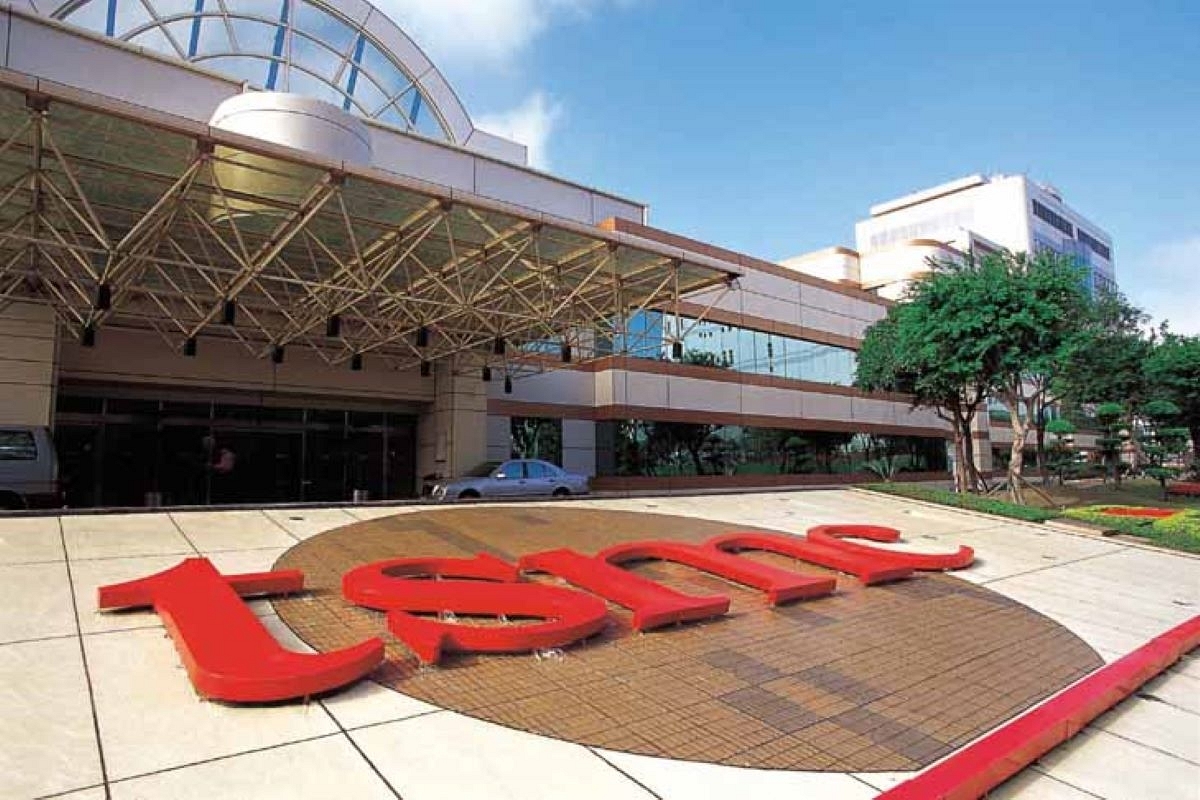Technology
TSMC To Begin 3nm Semiconductor Chip Production In September: Reports
- While Samsung’s 3nm chips use gate-all-around (GAA) transistor architecture, TSMC is not expected to introduce GAA until its 2nm node.

TSMC Unit
On 30 June this year, Korean electronic giant Samsung, who also runs the world's second-largest foundry (contract chip manufacturing) business, announced that it had started semiconductor chip production using 3-nanometer (3nm) process technology, and that would be a first of its kind.
Now reports have started coming out that rival and World's largest foundry (by revenue) Taiwan Semiconductor Manufacturing Company (TSMC) will begin mass producing chips using its N3 (3nm-class) manufacturing process this September and deliver its first products by early next year.
Compared to its N5 manufacturing technology, the initial N3 fabrication process is projected to offer a 10-15 per cent performance improvement (at the same power and complexity), reduce power consumption by 25-30 per cent (at the same speed and transistor count), and increase logic density by around 1.6 times.
While Samsung’s 3nm chips use gate-all-around (GAA) transistor architecture, TSMC is not expected to introduce GAA until its 2nm node. Instead, TSMC is using its new FinFlex architecture (advanced version of FINFET) to allow chip developers to mix and match different types of standard cells within one block to enhance performance, power consumption, and area.
Reports indicate that "Apple's M2 Pro and M2 Max are scheduled to undergo mass production next month on TSMC’s cutting-edge 3nm architecture. Apple is expected to use these powerful and efficient SoCs in upcoming Macs." However, for the iPhone 14 series, the A16 processors will not be fabricated on a 3nm process. Instead, they will be fabricated using TSMC's 4nm process node, which is an extension of the 5nm "main node."
Another report indicated the possibility of Apple using TSMC 3nm process to fabricate the A17 processors for iPhone 15. It also states that "although Apple will be the first to take advantage of the technology, Intel is also planning to expand its use in the second half of next year".
While Intel currently depends on TSMC to make its cutting-edge processors, it is expected to announce its own "Intel 4" process node soon - as per reports like this, the timeline expected for the announcement is the currently running "second half of 2022."
Apart from achieving some degree of self-sufficiency for its processors using the most advanced nodes, Intel also plans to gain ground in the contract chip manufacturing (foundry) business through "Intel Foundry Services" (IFS).
Recently, Taiwan-based fabless semiconductor supplier MediaTek and Intel Foundry Services (IFS) announced a strategic partnership. The report indicated that Mediatek will be using the "Intel 16" (16nm) process node offered by IFS. It also hints at IFS offering "Intel 3" and "Intel 18A" in future for third parties.
Intel's acquisition of Tower Semiconductors, which is expected to complete by early 2023, will help IFS offer mature process nodes to third-party customers as Tower offers process nodes like 45nm, 65nm, 130nm, 180nm and 250nm, which are all very much used for Analog and other speciality chips.
Support Swarajya's 50 Ground Reports Project & Sponsor A Story
Every general election Swarajya does a 50 ground reports project.
Aimed only at serious readers and those who appreciate the nuances of political undercurrents, the project provides a sense of India's electoral landscape. As you know, these reports are produced after considerable investment of travel, time and effort on the ground.
This time too we've kicked off the project in style and have covered over 30 constituencies already. If you're someone who appreciates such work and have enjoyed our coverage please consider sponsoring a ground report for just Rs 2999 to Rs 19,999 - it goes a long way in helping us produce more quality reportage.
You can also back this project by becoming a subscriber for as little as Rs 999 - so do click on this links and choose a plan that suits you and back us.
Click below to contribute.
Latest